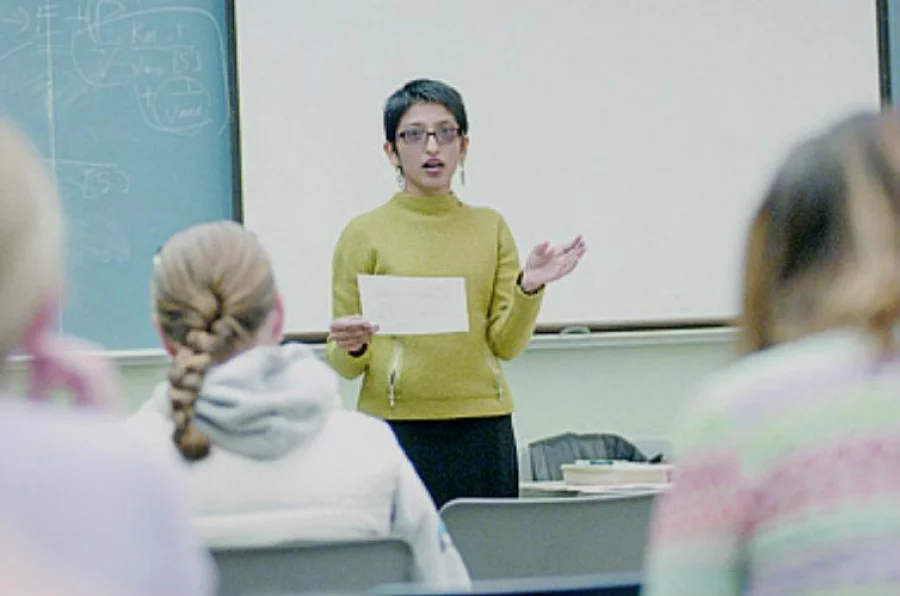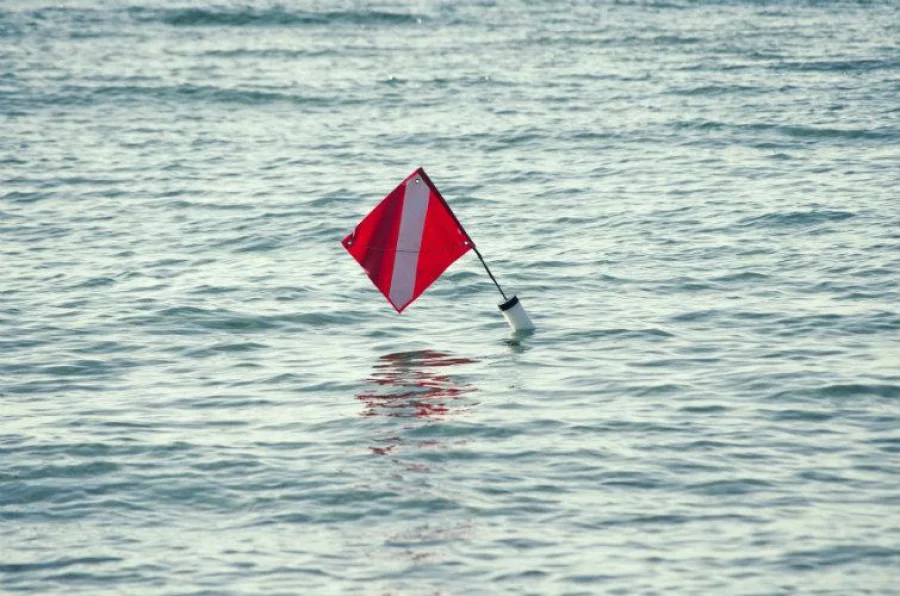Dr Khan is a professor of Anthropology at The Johns Hopkins University in the United States. Her work examines individuals dealing with climate change at multiple scales, from the international UN negotiations to life in the chars of Bangladesh.
Having studied climate change from a lot of different scales and angles, what is one of the things that is most misunderstood about climate change?
In the context of Bangladesh, and the way climate discourses entered, through kind of a top-down approach, I think there’s a lot of scepticism that it is really just development funds but cast in a different way. At least among the educated in Bangladesh, there has been some denial of climate change.
First, because of a long built-in kind of cynicism toward the fact that Bangladesh has been such a development funds-oriented, international funds-oriented country. But secondly, because to actually take on climate change seriously would also mean a very serious reorientation of their own value systems.
I mean, they are educated and they are very committed and political and hard-working. But climate means thinking beyond the national framework somewhat, and I think it’s hard to actually think about solidarity under such an unpolitical kind of context. It’s about the weather and climate as opposed to pushing back against intrusive global governance practices or trying to determine democracy. So that’s where I see a kind of misapprehension of what kind of problem, and what kind of political opportunity, is climate change.
It strikes me as odd that we’re integrating climate change into development work because so much of what development has meant over the years is industrialization, which is quite at odds with climate action. Do you think that there’s a mismatch?
I think that’s a fundamental tension. I think development is by necessity about staying in a place, about developing the internal resources of its people, of its landscape or environment. And it’s about playing catch-up in terms of a UN-based scale of economic progress.
But the central thrust in adaptation is not about how you prepare people to deal with the intensification of weather events where they live, but how you develop the ability to move. It is really the hidden, unspoken dimension of adaptation, especially in Bangladesh.
A farmer who farms low-lying land is not as good at farming dry highland. So, adaptation is really about trying to see if you can shore up a particular way of life such that people can stick it out there for as long as they can. But, failing that, actually getting them to think very seriously about movement and how to do it in a systematic way is important. So, I think to say that you can add on adaptation to development is a bit of a trickery or a sleight of hand because it doesn’t address the fact that they have two different ends.
What allows people to talk about development and adaptation without worrying about this fundamental tension, is they talk about disaster risk management reduction. And it has been shown to work in places like Bangladesh in the context of really large floods. It shows how a country like Bangladesh has figured out how to keep people in situ while attending to their needs in near-catastrophic conditions. So, I think disaster risk management is where the adaptation-people and the development-people come together. Dr Khan talking at The John Hopkins University. Photo: Hip Will Kirk
Dr Khan talking at The John Hopkins University. Photo: Hip Will Kirk
What’s the relationship between gender and climate action to you?
I’ve worked at different scales so what’s been really different for me is how gender has played out at each of the scales. At the positive end of it, it’s been great to see just how many incredibly smart and capable women are involved in the climate negotiation process. It’s almost taken for granted that they have a say and that they are equal and active participants in almost every country.
At the level of the state as well, in terms of the ministries, it’s very clear that there are women who are very involved. They are at the forefront of doing this kind of transparency framework. So, climate change has afforded people spaces for more participation at the ministerial levels and official circles. In terms of the local, because the development regime is much stronger there, it’s really through disaster risk management that you get any kind of address to women. I think at that level, in terms of facilitating women’s movement, there is now a lot of awareness.
One thing that I think doesn’t get enough serious address, especially at the global level, is that of the ageing population and the very young. These economies are neoliberal, and calculations are entering every household of who is worth keeping? Who is worth saving? Who is worth investing in? So yes, households as a rough aggregate could be affected by climate change but there’s another level at which calculation has entered into households which climate change will certainly intensify.
It seems to me that when I’m in the field there’s not much connection to the UN negotiations and when I’m in the UN negotiations there’s sort of this passing idea that people are affected somewhere, but it’s very vague. Do you see direct connections between the two or are the scales really distinct?
I think you’re totally right in the sense that there’s still a definite disjuncture in terms of what’s being discussed at the global level and how it’s impinging on the national level; and slowly will start impinging on development regimes.
But there hasn’t been a shift in consciousness or anything within the context of the field. It’s not for lack of trying. Because NGOs have undertaken very interesting -- not just “fly in, fly out,” “we’re telling you about the latest climate change and this is what’s coming down the pipeline” -- but very nice, slow studies of people’s conception of seasonality, and weather and climate. But even that hasn’t produced a very major shift in people’s thinking about climate within a particular kind of time horizon.
But I’ve heard people talk about things like jolobayu poriborton. What’s more interesting is there hasn’t been enough fine-tuned attention to how things will change from what is already there.
One of my books talks about how I developed the means to tell that there was climate change being experienced. And it was really interesting how the cow, which had made a new entry into the char as a means of generating economic activity, and its suffering of heat gave them an awareness of the rising heat levels.
So, these little intuitions are the ways in which this major shift is being registered. Because something like the UN cannot attend to that fine grain. Nor can the nation, because they are trying to think about economies at scale or programs at scale.
So, maybe the way to push for it is not within the level of development or adaptation or politics, but to try and think about the ethical. How can we introduce this through a more robust conversation of the ethical? The ethical need to respond to people’s changing experiences and sense of suffering.
 Photo: Debby Hudson
Photo: Debby Hudson
Can you say more about the three books you’re working on?
The first book really has to do with these global climate conversations. How do we make change from a Global South perspective? And this is about trying to track several kinds of actors – Bangladesh, LDCs, G77, and China – with respect to this global conversation.
The second book is really trying to understand, how do we understand a way of life which hasn’t been affected by the discourse of climate change? So, really thinking about the char area where I worked and what does it mean to work on moving land?
And the third one is focused very much on households and women and children and animals and trying to think about, if climate change at this global level or at this national level is not coming into everyday life or consciousness yet, how might we develop other kinds of indices to be aware of the suffering that it’s producing? So that’s the series.
Danielle Falzon is a PhD student in Sociology at Brown University studying Climate and Development Policy in Bangladesh.


